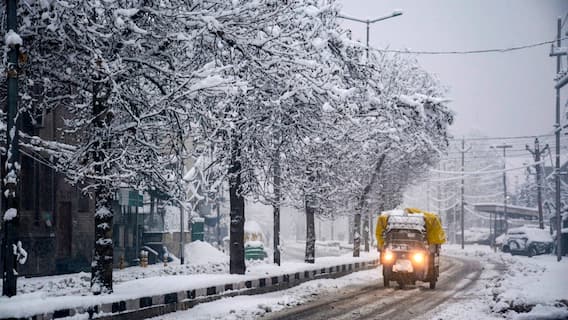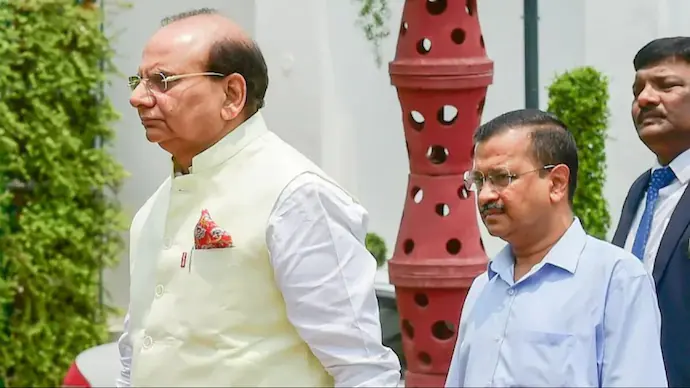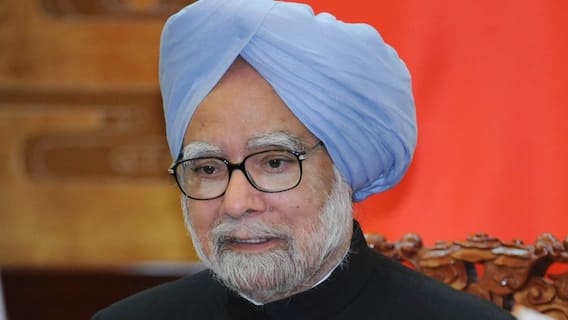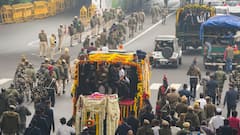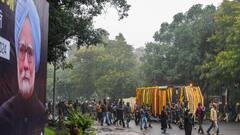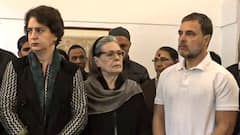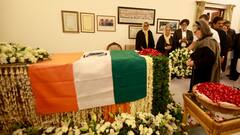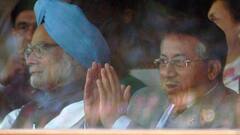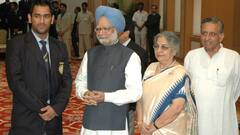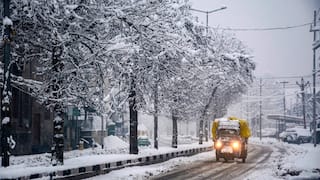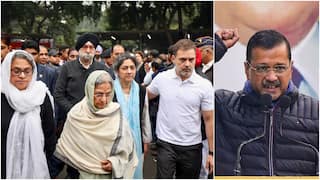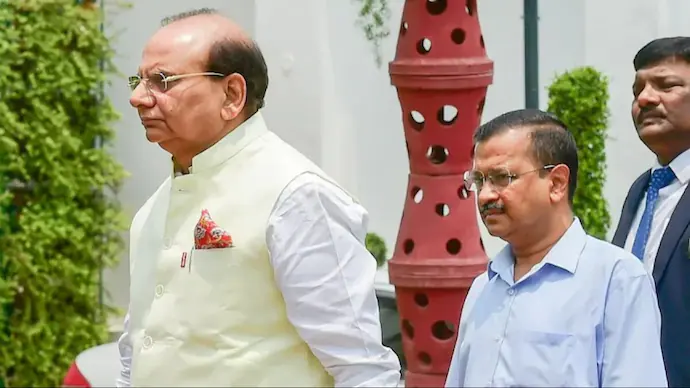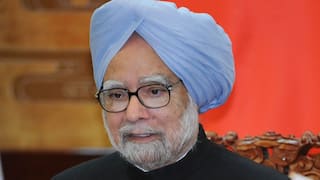Sri Lankan Prime Minister Mahinda Rajapaksa Resigns Over Economic Crisis
Rajapaksa Resigns: Mahinda Rajapaksa was facing rising demands to resign from within his own party Sri Lanka Podujana Peramuna.

New Delhi: Amid the severe economic crisis in the island nation, Sri Lankan Prime Minister Mahinda Rajapaksa resigned on Monday. According to the reports, the pressure of the opposition was increasing continuously on the government led by President Gotabaya Rajapaksa, younger brother of PM Rajapaksa. Mahinda Rajapaksa was facing rising demands to resign from within his own party Sri Lanka Podujana Peramuna.
Mahinda's resignation comes after his supporters on Monday attacked anti-government demonstrators gathered at a protest site near his official residence to demand the premier's resignation. The incident prompted authorities to deploy Army troops to bring the situation under control. According to news agency AFP, At least 23 people were injured in the violence that broke out following reports that Mahinda Rajapksa could offer to stand down as Prime Minister, news agency PTI reported.
Rajapaksa, 76, under intense pressure from within his own Sri Lanka Podujana Peramuna (SLPP) ranks to resign, was gathering his supporters to apply counterpressure in his bid to not stand down.
The Prime Minister had told his thousands of supporters gathered outside his house that nothing would deter him. "I am so used to seeing protests and agitations, nothing would deter me. I am experienced enough to face any situation," Rajapaksa said, as quoted by PTI.
Sri Lankan authorities imposed a nationwide curfew on Monday with immediate effect until further notice.
Army teams have been deployed at the protest site to help maintain law and order. In a special cabinet meeting on Friday, President Rajapaksa declared a state of emergency from midnight on Friday. This is the second time a state of emergency has been declared in Sri Lanka in a span of almost a month. Sri Lanka is going through the most severe economic crisis ever since its independence from Britain in 1948. The crisis arose mainly because of the shortage of foreign exchange which means that the country is unable to pay for the imports of staple food items and fuels.
Trending News
Top Headlines






